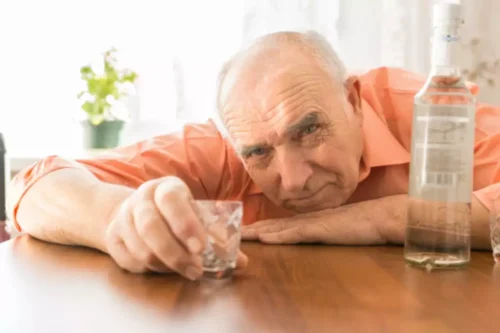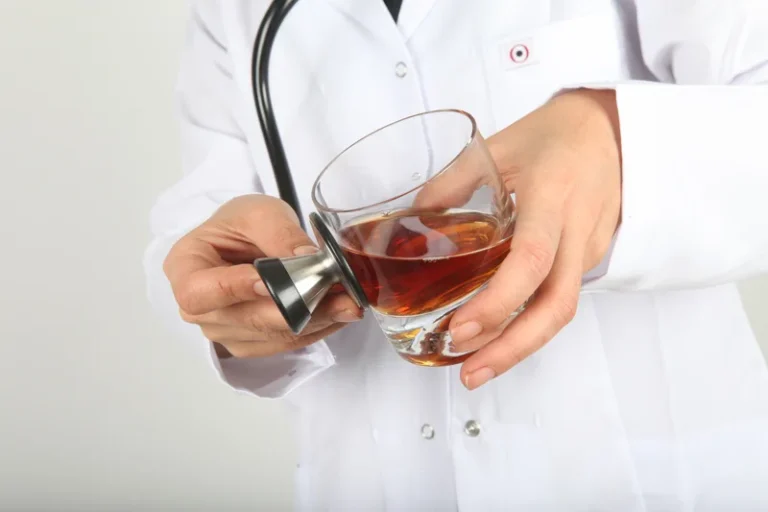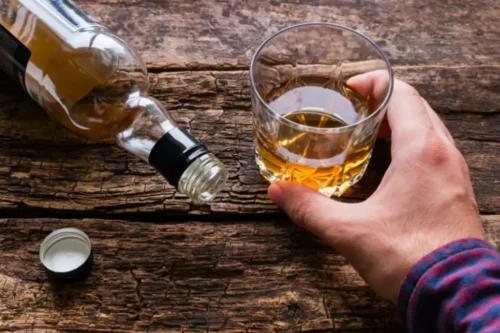
More research needs to be done on potential treatments marijuana addiction for marijuana abuse and how to increase support and accessibility for existing treatments. If you’ve struggled to quit using marijuana on your own, a medical detox program may be the answer you’re looking for. Dr. Rufus Tony Spann is a nationally certified school psychologist, licensed professional counselor, yoga teacher and reiki master.
Medication for Underlying Conditions
Despite the prevalent notion that marijuana is entirely safe or free of any addictive potential, there is certainly evidence to suggest otherwise.

Signs and Symptoms of Marijuana Withdrawal
The National Institute on Drug Abuse (NIDA) identifies marijuana as an addictive drug. With consistent use, people who consume weed risk developing a marijuana use disorder, or marijuana addiction. During the evaluation process, we create a comprehensive care plan for each new client. Medically supervised detox allows participants to complete the withdrawal phase under the care of compassionate professionals.

Marijuana Detox: What You Should Know
- Mixing weed with other illegal or prescribed substances can increase someone’s risk of overdose or adverse side effects.
- This results in a deficit of receptors in between times we are high, and this deficit explains the ongoing impact of too frequent use.
- Symptoms of weed withdrawal might include irritability or aggression, anxiety, marijuana cravings, trouble sleeping, lack of appetite and major depression.
- If you’re having a hard time sticking with a self-guided approach, consider talking to a mental health professional for additional guidance.
- Addiction is a disease that requires specialized medical attention, but rehabilitative care can be costly.
Research involving rodents shows that repeated early exposure to THC leads to an enhanced response to addictive substances in the reward centers of the brain. This area of the brain is paramount in the development and treatment of addiction. Some withdrawal symptoms can last for more than 30 days and up to three months after quitting weed.

They can also help you address any issues in your life or relationships that might be a result of your cannabis use. Holding onto a stash of weed and smoking paraphernalia can make it tougher to succeed with quitting. By throwing it out or passing it on, you prevent ready access, which can help you avoid slip ups during the withdrawal period. What works for someone else may not help you much, so it’s often necessary to go through some trial and error before you land on the best approach. Some people also experience unwanted effects, from physical symptoms to hallucinations to strained relationships.
- In that vein, the amount of time your withdrawal will last varies.
- Sometimes this might involve avoiding or eliminating things that create pressure on you to smoke marijuana.
- People often get discouraged when they’ve tried multiple times to quit smoking, and think they’ll never be able to do it.
- Perhaps it’s because marijuana, like any substance, affects people differently.
Who Is At Risk for Marijuana Abuse?
That said, consulting a medical professional can help you better manage the physical and psychological symptoms of weed withdrawal and prevent relapse. The irritability experienced during cannabis withdrawal can range from being a mild and relatively easy-to-control annoyance to feeling more like excessive anger and even aggression. If it lasts for more than a week, seek support from a healthcare provider, substance abuse counselor, or psychologist as this symptom may be part of another issue that was masked by cannabis use. A 2020 study on the prevalence of cannabis withdrawal symptoms amongst marijuana users found that up to 47% of the participants experienced this phenomenon. Factors that contributed to the development of the syndrome included using other substances, smoking tobacco, and using marijuana daily.

Evidence-based therapies help you gain the skills to cope with cravings and avoid triggers. Therapy also helps improve other skills, such as problem-solving and lifestyle management. American Addiction Centers (AAC) is the nation’s leader in substance use treatment. In our various treatment facilities across the country, medical professionals help individuals recover from marijuana use and reassume power over their lives.
